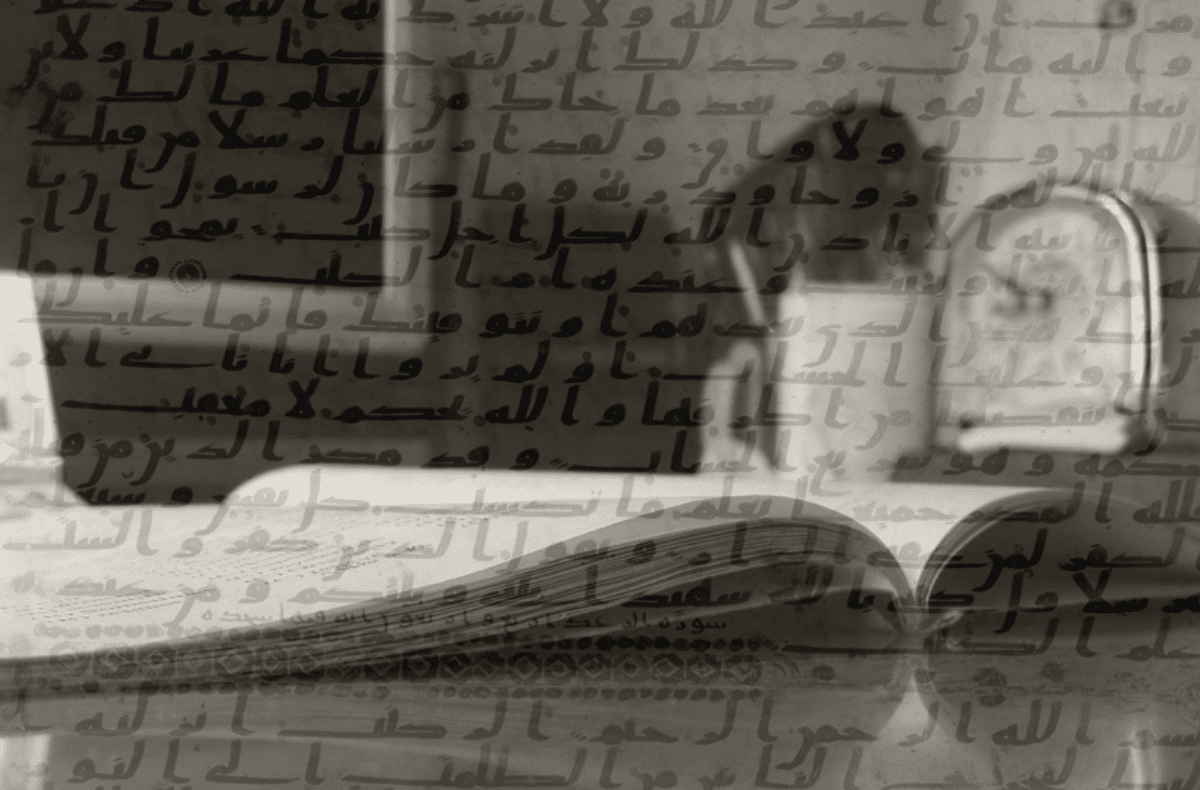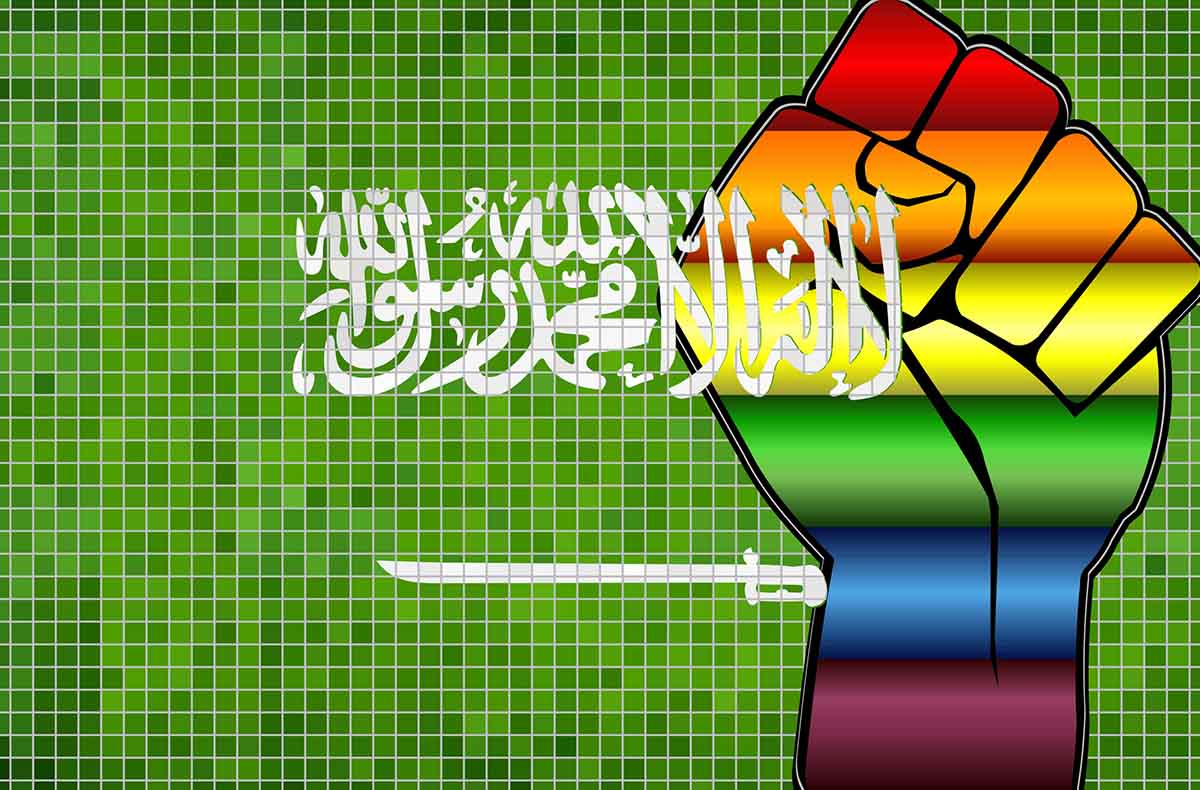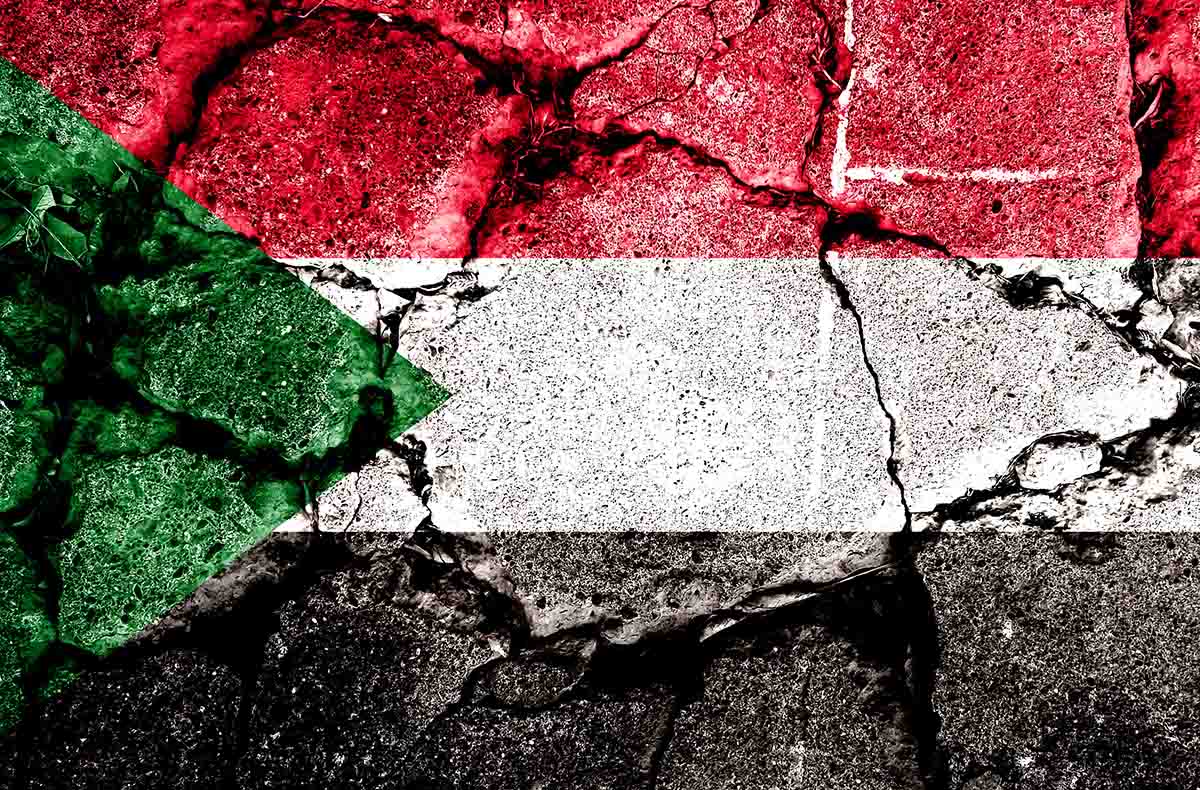
Photo by Dquai, Remixed by Nikki Muller
While progressive academics and rights activists in the Muslim world continue to challenge the blatant Islamization of education in their countries, their counterparts in the West seem all too willing to surrender those hard-earned values in their self-indulgent coddling of Muslim minorities.
Last month, Hamline University professor Erika López Prater was sacked for doing her job after she showed images depicting Islam’s prophet Muhammad in her arts lesson, as outlined in the syllabus shared with the students. Dr Fayneese Miller, Hamline’s president, in an official message explaining López Prater’s sacking said that respect for Muslim students “should have superseded academic freedom.”
Indeed, pretty much anything can supersede freedom these days, should it have sufficient decibels. However, the university’s explicit signing off of this subordination merits solemn obsequies and an epitaph featuring Dr Miller’s words. The obituary of academic freedom should be displayed across educational institutions: your freedom ends where my intolerance begins.
The intolerance showcased at Hamline last month was of a “liberal” kind. As is often the case, the liberal rendition in the West merges seamlessly with Islamic intolerance at the first mention of “Islamophobia.” which is customarily in sync with the proverbial jerking of the knee. Thankfully, in “letting minorities decide” what constitutes bigotry against them, Western liberals don’t look to the Muslim world and Islamic laws for an appropriate response to “Islamophobia.”
Even if one were to follow this liberal dictum—which assumes communities to be monolithic and often empowers its most radical voices—to say “all Muslims are offended” by anything un-Islamic traverses the initial coordinates of the hyperbole ending with “all Muslims are terrorists”—even if progressive proponents of the former might assume themselves to be in a separate dimension to the upholders of the latter.
It is unfortunate that the following has to be spelled out: many Muslims defy Quranic injunctions. They drink alcohol, gamble, do not pray, do not fast, don’t don the hijab, have sex outside of marriage, abandon faith, apostatize, and blaspheme—some actions that carry the capital punishment as per Islamic sharia. It shouldn’t be anyone’s prerogative to determine what Muslims as individuals, or collectively, believe or should believe, least of all that of officials from educational institutes in secular states, which the U.S. still self-identifies as.
In the scramble to shield Muslim students from the harrowing persecution that exposure to art is, the officials from Hamline University seemingly forgot one tiny detail: the piece of art was drawn by a Muslim as tribute to the founder of Islam. When a eulogy for Islam’s prophet can be deemed “Islamophobic” enough to cost a professor her job, you know the misnomer is not designed to safeguard Muslim rights, but to uphold Islamic dogma perpetuated by the religion’s most radical, narrowest, ideologues.
Many strains within both Sunni and Shia Islam have a long tradition of illustrating Muhammad, from 13th century Baghdad to 21st century Tehran. The painting that got López Prater sacked depicts Islam’s prophet receiving the first Quranic revelation. Many Muslim art academics and historians showcase Muhammad’s images in their lessons not just in Europe and the U.S., but also in Muslim countries like Turkey and Iran.
The Islamist Quranic literalism that perpetuated the belief that Islam bars Muhammad’s depiction is rooted in the Salafi strain that has been forcibly proliferated by the Arab monarchies across the Muslim world. The Quranic upholding of rigid monotheism has been interpreted—and enforced—by Salafi Islamists as prohibiting any supernatural attribution to Muhammad, even though Islamic scriptures are brimming over with claims of his miracles. The Barelvis, which take inspirations from Sufism and constitute the most followed Islamic sect in South Asia, are targeted by jihadist groups for their expressions of veneration of Muhammad and numerous saints at Sufi shrines, with their beliefs dubbed heresy by Salafi and Deobandi Islamists. To unequivocally prohibit depiction of Muhammad is to uphold jihadism and Salafism as the only acceptable version of Islam.
But not everyone can be expected to navigate reams of Islamic theology and juxtapose a gamut of sectarian divergences to determine what should constitute an affront to Islam. So which of the multitudinous versions of Islam should be allowed to “supersede freedom”? None of them.
What any group of ideological adherents believes, even if preposterously assumed to be a monolith, should have no bearing on what anyone outside or inside that group can or cannot do when exercising their free will. As Muslims, we should have the absolute right to practice any version of Islam—progressive, regressive, or none—as long as we are limiting our beliefs to ourselves and are not asking others to limit their freedoms to cater to our beliefs.
Even satirical depiction of Muhammad, no matter how offensive to any number of Muslims, should be accepted as free speech, given that freedom of expression does not exist without the freedom to offend. But even as Salman Rushdie is attacked and Charlie Hebdo targeted by jihadists, both the Islamists and Western liberals are collectively silencing dissenting voices against Islam, inside and outside the Muslim communities. In little over two years, an American professor has been sacked, a British teacher forced into hiding, and a French school teacher decapitated, each over depiction of Muhammad—and the progressive response has been to “supersede” Muslim sentiments over freedom and superfluous deliberations over Islamic beliefs.
It is those same Islamic beliefs that are at the heart of Muslim protests against LGBT-themed school curricula from Birmingham, UK to Dearborn, Michigan. Should “respect for Muslims” then be allowed to “supersede” freedom and equality for the LGBT community? Liberal progressivism should necessitate the same response for academic freedom.
Unfortunately, instead of the classical liberal blindness to color, race, or ideological divergences, the modern-day identity-centric progressivism needs communal visibility to satiate its savior complexes. Such proponents of exhibitionism should note that there are millions of Muslim dissidents silenced by gory Islamic laws, and by Islamist inertia among Muslim minorities in the West. And soon the dissenting whispers in the Muslim world would become loud enough to hold the persecutors—and their facilitators—accountable.



